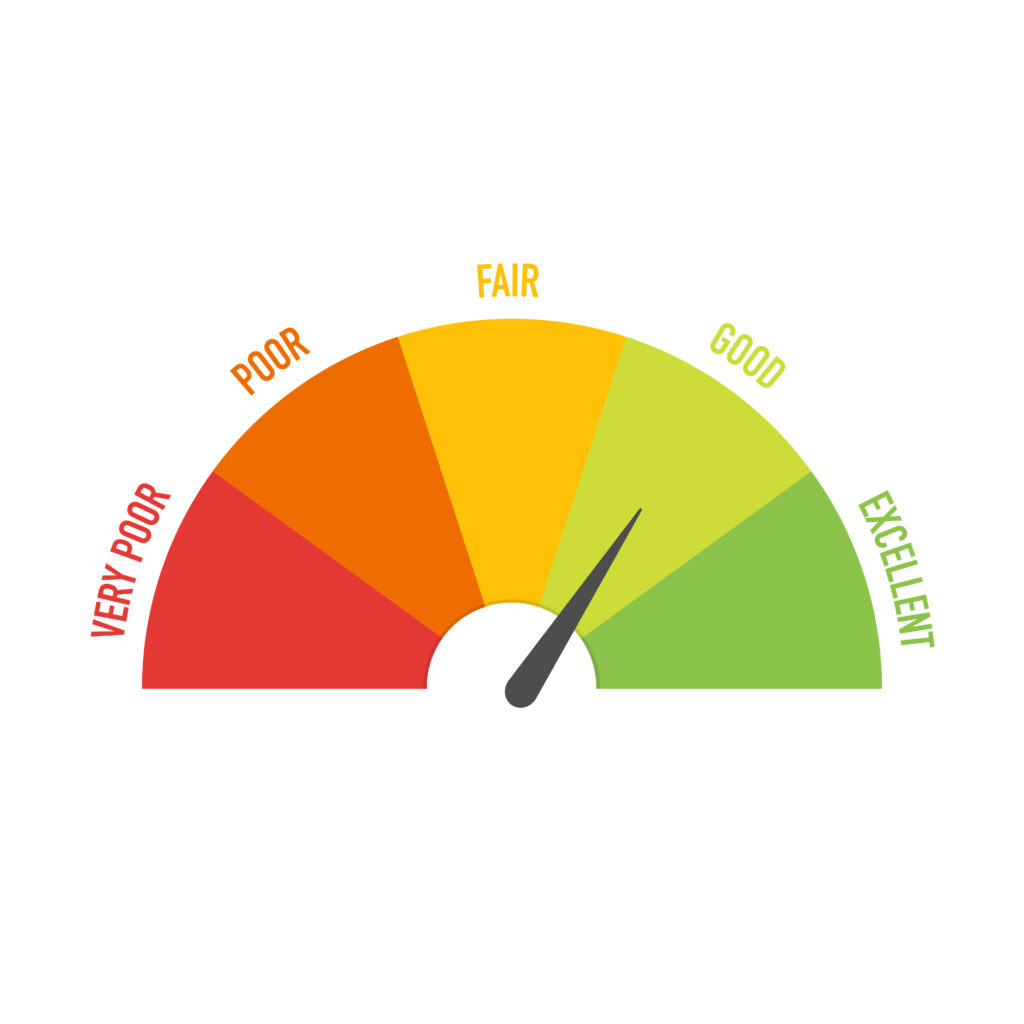The Fastest Way to Increase your Credit Score

There is no single “fastest” way to increase your credit score, as it depends on your current credit situation and the factors affecting your score. However, there are some steps you can take that may help boost your score over time:
Credit scores are a crucial component of personal finance, as they play a significant role in determining the terms and conditions of loans, credit cards, and other financial products. A good credit score can help you secure favorable interest rates, while a poor credit score can limit your options and lead to higher costs. As such, it’s important to understand how credit scores work and how you can improve your score over time.
How Credit Scores Work
Credit scores are numerical ratings that reflect an individual’s creditworthiness. They are based on a variety of factors, including payment history, credit utilization, length of credit history, types of credit, and recent credit inquiries.
The most widely used credit scoring model is the FICO score, which ranges from 300 to 850. The higher the score, the better the creditworthiness. Generally, a score of 700 or above is considered good, while a score below 600 is considered poor.
Your credit score is based on information in your credit report, which is a detailed summary of your credit history. This includes your credit accounts, payment history, outstanding balances, and credit inquiries.
Factors Affecting Your Credit Score
Several factors can affect your credit score, including:
Payment history: Your payment history is one of the most significant factors in determining your credit score. Late payments, missed payments, and defaults can all have a negative impact on your score.
Credit utilization: Your credit utilization ratio is the amount of credit you’re using compared to your available credit. Keeping your credit utilization below 30% can help improve your score.
Length of credit history: The length of your credit history can also impact your score. A longer credit history can show a more established credit profile, which can be beneficial.
Types of credit: Having a mix of different types of credit, such as credit cards, installment loans, and mortgages, can show that you can handle different types of debt responsibly.
Recent credit inquiries: Applying for new credit can result in a “hard inquiry” on your credit report, which can temporarily lower your score. However, “soft inquiries,” such as those made for pre-approvals or by yourself, do not affect your credit score.
Ways to Improve Your Credit Score
Improving your credit score takes time and effort, but there are several steps you can take to increase your score over time:
- Pay your bills on time: Late payments can have a significant negative impact on your credit score, so make sure to pay your bills on time each month.
- Keep your credit utilization low: Your credit utilization ratio is the amount of credit you’re using compared to your available credit. Keeping your credit utilization below 30% can help improve your score.
- Check your credit report for errors: Review your credit report for any errors, such as incorrect account information or fraudulent activity. If you find any errors, dispute them with the credit bureau.
- Don’t close old credit accounts: Keeping old credit accounts open can help improve your credit utilization ratio and show a longer credit history, both of which can help improve your score.
- Consider a credit-builder loan: A credit-builder loan is designed to help you build credit by making small monthly payments over time. These loans are typically offered by credit unions and can help you establish a positive payment history.
- Apply for new credit sparingly: Applying for too much new credit at once can result in multiple hard inquiries, which can lower your score. Apply only when you really need it.
- Monitor your credit score regularly: Keep track of your credit score on a regular basis to see if your efforts are paying off. There are many free credit score monitoring services available that allow you to check your score without impacting it.
In conclusion, increasing your credit score is a crucial part of managing your personal finances. It takes time, effort, and responsible financial habits, but by paying your bills on time, keeping your credit utilization low, checking your credit report for errors, and monitoring your credit score regularly, you can gradually improve your score and open up new financial opportunities. Remember, your credit score is a reflection of your creditworthiness, and a good score can help you achieve your financial goals and lead to a more secure financial future.

.gif)


